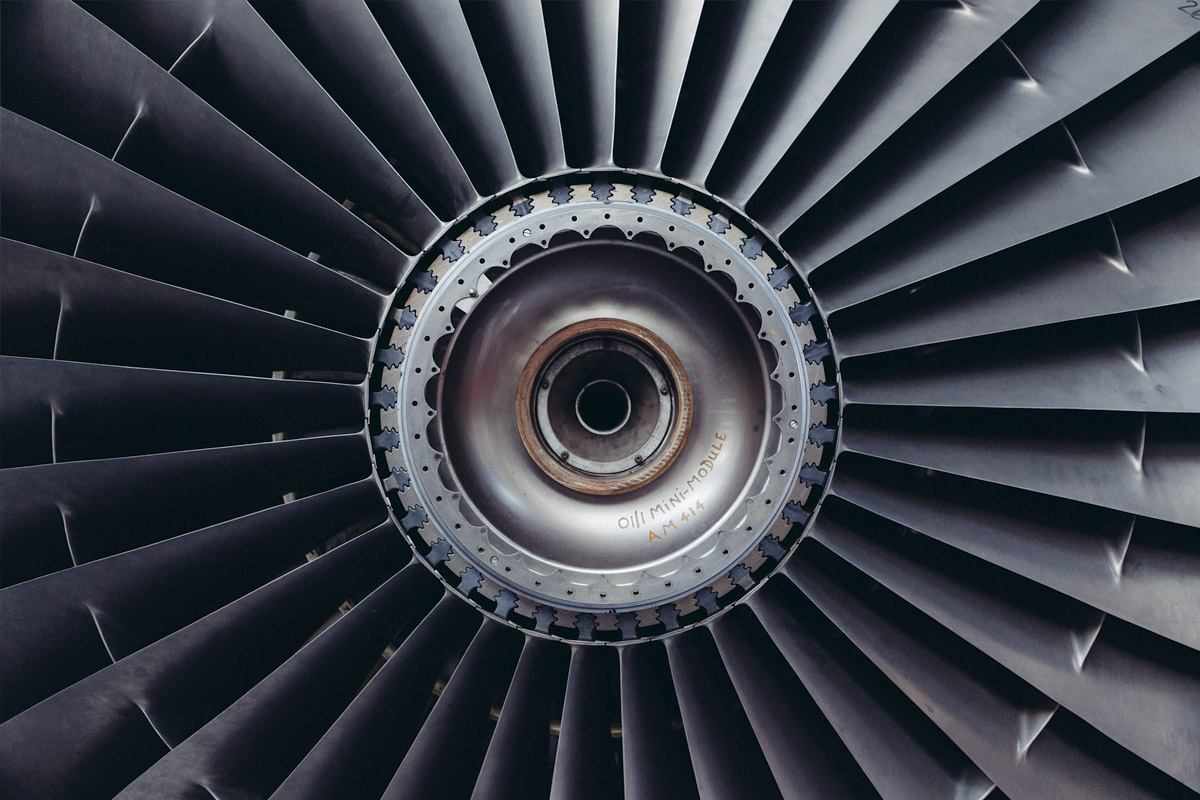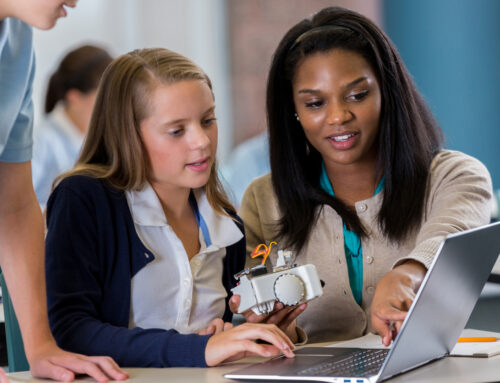Industry Trends and Insights for the Aerospace Sector
Aerospace engineering is a type of engineering dedicated to the study and development of aircraft and airspace. It is an industry that is constantly evolving and changing so it’s important to stay on top of industry news and trends.
This article delves into some of the big trends and developments we’ve seen in 2017 and what we can expect to see in the future within the aerospace industry. This can help aerospace engineers take advantage of new opportunities or tackle developing challenges head on.
Although aerospace engineering can be perceived as chasing sci-fi technology and aspirations, most of these trends and developments are based on human behaviour and needs. As a profession, it is about being able to provide services that help solve problems for societies around the world. Aerospace engineers can leverage opportunities to help improve the way people travel and use airspace.
So, what are some of the trends in aerospace in 2017 and beyond?
New Technologies
As we enter a period in society of drastic innovation through new technology, the aerospace industry is likely to get disrupted and changed.
Drones are a great example of a new technology that has gone from something relatively unknown to a common product that is sold all around the world. Anything that flies or takes up airspace is something that should interest aerospace engineers. The popularity of drones demonstrates what people want and can be leveraged by engineers to make further innovations in personal aircraft technology or building on these ideas for commercial use.
As new technology becomes available, it changes the way we think about travel and transportation, and this will play a big role in what areas of aerospace offer opportunities for engineers. The adoption of drones or similar aircrafts to deliver products could become a part of everyday life and something that’ll need specialist engineers to create, build and maintain.
Artificial intelligence and machine learning are also likely to impact the industry. With access to information from around the world, aerospace engineers will be able to better understand the challenges that face them with data and facts.
2017 and beyond will also involve a lot more comprehensive communication between aircrafts as well as with various organisations on the ground. The ability to manage and control this communication effectively and safely will become a vital part of the aerospace industry.
Environmental Concerns
Aerospace engineers that understand the need to address the environmental impacts of air travel are likely to play a key role in the development of the industry. As climate change and environmental issues continue to be highlighted as global issues, air travel will be put under increasing scrutiny about its contributions.
Exploring new materials that require less fuel to move, or even considering completely new ways to power aircrafts will help engineers adapt to a more environmentally conscious industry.
This kind of trend lends itself to both engineers who want to focus on R&D as well as those who are interested in creating and designing solutions.
Further Learning
As the technology available for aerospace engineers to utilise increases, the need for education and training on these technologies also increases. The ability to understand computer programmes is becoming an important part of an engineer’s role now so learning and training in this will certainly give engineers an edge over their colleagues.
Specialist firms and courses around the world also allow engineers to become very specialised in a certain area of aerospace engineering. This is a useful way to progress a career through specialisation. You don’t need to look at the city you live in for training, engineers can look all around the world for firms and courses that reflect their career desires.
Security
Security and safety are vital components of any engineering project. Aerospace engineering requires constant evaluations and ideas to help improve safety and security. From considering the materials used in aircrafts to the infrastructure of systems and processes, the end consumer has never been more aware of security and safety when looking at air travel.
Engineers who are interested in security will likely spend a lot of time working with other disciplines and professions to help create the best solutions. This will be particularly important to ensure new technology and ideas that are being used, still provide the absolute highest safety and security standards.
Competition
The travel sector is continuously seen as a growing and prosperous market. Cheap flights and international travel mean commercial aircraft experts and engineers are needed. This is a great field to be in and means engineers are working closely with a consumer market.
As more companies turn to the travel industry to make money, it forces innovation and developments. We are also likely to see increased competition from technology companies. Google and other Silicon Valley companies have already made a push for acquiring some of the automotive industry through self-driving cars. Taking on the air travel industry could be seen as the next step.
Expect new aircrafts and new commercial flight companies trying to change the way we think about international travel. Airports around the world are getting more crowded and more congested and are crying out for help. Consumers are also expecting more from their travel. They want to be able to get around the world quickly and conveniently at low costs. This means aerospace engineers and companies that can create innovations to help these desires are likely to be very successful.
Aerospace and BMR Solutions
Here at BMR Solutions, we are passionate about helping provide the best skilled aerospace engineers to companies at the forefront of the industry. We’ve worked in the industry for many years and understand what makes a good engineer and what they want from an employer.
If you’d like to learn more about how we can help you, get in touch today.





